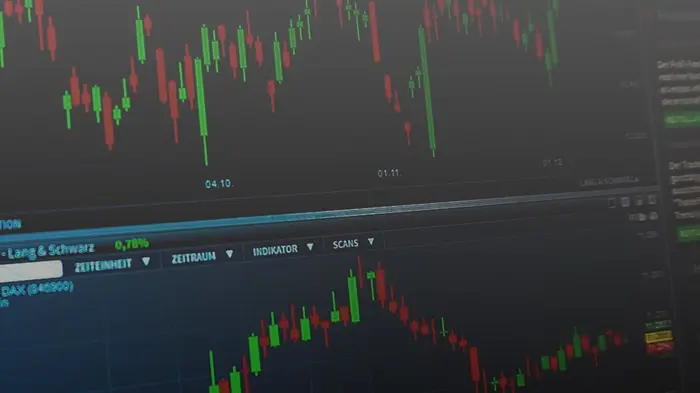In a significant decision for Coinbase Global Inc., a federal appeals court has instructed the U.S. Securities and Exchange Commission (SEC) to provide a more detailed explanation for its rejection of Coinbase’s request to establish regulations covering the crypto asset sector. However, the court did not overturn the SEC’s decision, merely asking the agency to offer more reasoning behind its stance.
This ruling, issued on Monday by the 3rd U.S. Circuit Court of Appeals, was seen as a partial victory for Coinbase. The company had approached the court following the SEC’s refusal in July 2022 to create clearer guidelines for how securities laws should apply to digital assets, including cryptocurrencies and tokens.
Coinbase’s Argument: Need for Clearer Crypto Regulations
Coinbase has long argued that the SEC has been applying existing securities laws to digital assets, creating significant uncertainty in the market. The company believes that in light of the crypto sector’s explosive growth, the SEC must issue comprehensive and specific regulations tailored to the unique characteristics of digital assets.
A Coinbase spokesperson highlighted that the company appreciated the court’s thoughtful consideration of the case, noting a post on X (formerly Twitter) by Paul Grewal, the company’s Chief Legal Officer, in which he acknowledged the court’s scrutiny.
SEC’s Position: Existing Laws Are Sufficient for Crypto Assets
In its response to Coinbase’s request, the SEC has maintained that existing securities laws are sufficiently adaptable to the cryptocurrency market. The agency has suggested that some digital assets could indeed qualify as securities under current frameworks, but it has also implied that future rulemaking might address the issues raised by Coinbase.
In its court ruling, the 3rd Circuit judges noted that the SEC had taken a general position that the current securities-law framework is not “unworkable” for digital assets. However, the court found the SEC’s explanation for why it believes this conclusion to be insufficient. Specifically, the SEC had only provided a single sentence rejecting Coinbase’s argument, which the court deemed “vacuous” and lacking in any substantial reasoning.
Court’s Criticism of SEC’s Response
The court expressed significant frustration with the SEC’s lack of a substantive response to Coinbase’s petition. Judge Thomas L. Ambro criticized the agency’s one-sentence dismissal, stating that it failed to adequately address the workability objections raised by Coinbase. The judge emphasized that the SEC had not explained how it arrived at the conclusion that the existing framework could adequately handle the complexities of digital assets.
Furthermore, Judge Stephanos Bibas issued a concurrence that echoed concerns about the SEC’s approach. He pointed out the constitutional issues posed by the SEC’s refusal to provide clarity on how crypto companies can comply with existing laws. Bibas stated that the SEC’s lack of clear guidance creates a serious due process problem, as it effectively leaves companies in the dark about the rules they are expected to follow.
The Ongoing Legal Battle and Enforcement Actions
The court ruling comes as Coinbase continues to face legal challenges from the SEC. In June 2023, the agency filed an enforcement action against Coinbase, alleging that the company’s digital asset trading platform operates as an unregistered broker, exchange, and clearing agency. This case remains unresolved.
The SEC has justified its inaction on new crypto regulations by citing the numerous other regulatory actions it is currently pursuing in the digital asset space. The agency has also stated that developing new rules would require significant resources and may detract from other pressing matters.
Conclusion: Awaiting SEC’s Response
The court’s order places pressure on the SEC to reconsider its approach to crypto regulations. Although the SEC has not been ordered to undertake the process of drafting new rules, it has been instructed to provide a more thorough explanation of why it believes the current legal framework is sufficient for the growing and evolving digital asset market.
As the regulatory landscape for cryptocurrencies continues to evolve, this ruling underscores the growing need for clarity in how digital assets are regulated, as both companies like Coinbase and the broader crypto industry seek guidance on how to comply with existing and future laws. The SEC’s next steps will likely play a key role in shaping the future of crypto regulation in the U.S.
Related topics:

























